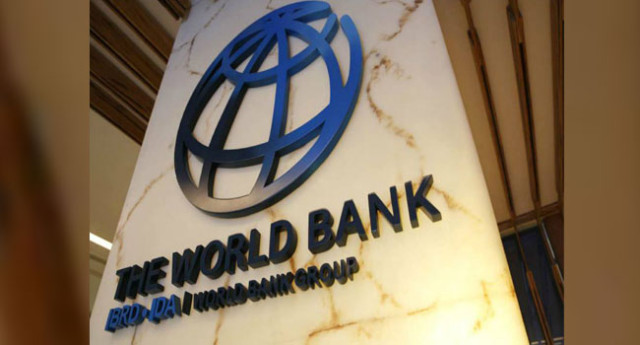The World Bank has disbursed an $800 million palliative loan to support over three million poor and vulnerable households, aiming to mitigate the impact of recent government policies such as the removal of fuel subsidies.
Out of these beneficiaries, 700 thousand households were located in rural areas and approximately 2.5 million households were from urban areas.
The World Bank disclosed this information in a restructuring paper outlining plans to strengthen its social safety net programs in response to increasing inflation and economic challenges.
The Federal Government has requested an 18-month extension, pushing the closing date from June 30, 2024, to December 31, 2025, in order to realign project timelines and improve the effectiveness of the National Social Safety Net Program-Scale Up.
The document also highlighted that approximately 30 million individuals have benefited from social safety net programs, with three million households receiving shock-responsive cash transfers as of May 2024.
It further mentioned that a digital payment delivery mechanism has been implemented to directly transfer funds to beneficiaries' accounts or wallets, and efforts are underway to integrate the National Social Register with the National Identification Number to enhance the targeting system.
The NASSP-SU initiative, which was launched to offer responsive safety net assistance to Nigeria's impoverished and vulnerable population, was approved on December 16, 2021, and came into effect on January 30, 2023.
The aim of the loan is to implement a monthly cash transfer program for Nigerians who are struggling due to recent policy changes, such as the removal of fuel subsidies.
However, the program was abruptly halted due to allegations of misconduct in its management by the Ministry of Humanitarian Affairs and Poverty Alleviation.
As part of the efforts to restart the cash transfer, the government is seeking approval to change the leadership of the project's national steering committee from the Minister of Humanitarian Affairs and Poverty Alleviation to the Minister of Finance.
The request for an extension is attributed to Nigeria's ongoing battle with high inflation, which reached 33.2% in early 2024, exacerbated by the removal of fuel subsidies and currency depreciation.
The proposed extension seeks to prolong the project closing date by 18 months, until December 31, 2025, and also involves modifications to the size and duration of the cash transfers.
Despite previous delays, the project remains a key component of the government's plan to provide temporary cash support to those affected by high inflation, particularly in light of the fuel subsidy removal and other macroeconomic reforms.




















